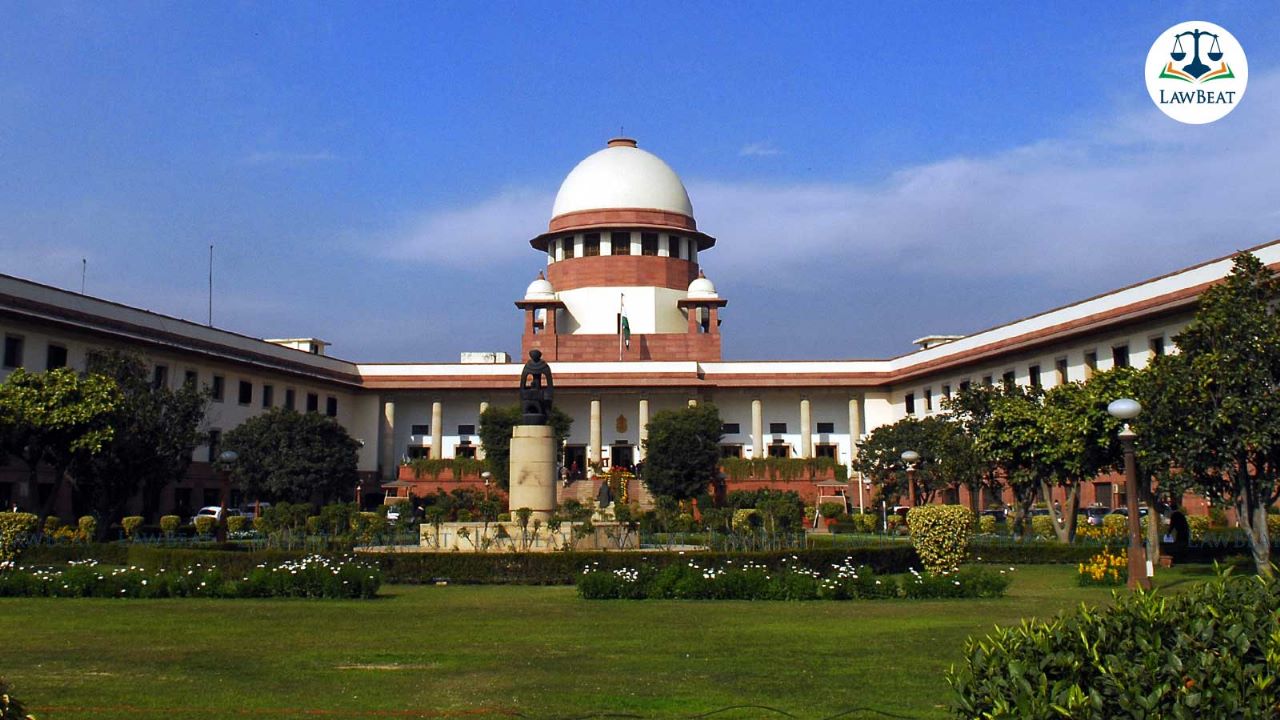Can't adhere to Marxian interpretation for wealth redistribution under Article 39(b): Supreme Court

"We cannot say Article 39(b) has no application to privately held properties like water, forests and mines. But it should not be taken to the level of taking someone's personal property for distribution", CJI Chandrachud said
The Chief Justice of India on Wednesday remarked that court cannot adhere to Marxian interpretation of Article 39(b) of the Constitution of India that says a community's "material resources" would include private properties for reallocation.
The 9-judge bench also comprising Justices Hrishikesh Roy, BV Nagarathna, Sudhanshu Dhulia, JB Pardiwala, Manoj Misra, Rajesh Bindal, SC Sharma and AG Masih further said there must be a distinction between community resources, held in trust by the present generation for future generations, and privately owned property.
This remark came to be made by a 9-judge bench which on Tuesday, April 23 started hearing a case to determine whether private property falls within the ambit of Article 39(b) of the Constitution.
Article 39(b) which is a part of the Directive Principles of State Policy deals with distribution of “material resources of the community” to “best subserve the common good.”
On Tuesday, Solicitor General Tushar Mehta had also clarified before the bench that the present reference was limited to the interpretation of Article 39(b) and not Article 31C.
"That only issue concerning the interpretation of Article 39(b) and whether the phrase ‘material resources of the community’ includes private property or not has been referred to the present Bench of nine learned Judges. The interpretation of Article 31C or its revival or non-revival, has not been referred...", SG Mehta had submitted.
To elaborate, Court is hearing a challenge to Chapter VIIIA of the Maharashtra Housing and Area Development Act, 1976(MHADA). This provision allowed the Mumbai Building Repair and Reconstruction Board (MBRRB) to acquire certain “cessed properties” for restoration purposes with the consent of 70 percent of the residents.
It has been claimed by the petitioners challenging the provisions under MHADA that it conferred untethered power on MBRRB to forcibly take possession of residential complexes.
Case Title: Property Owners Association vs. State of Maharashtra
